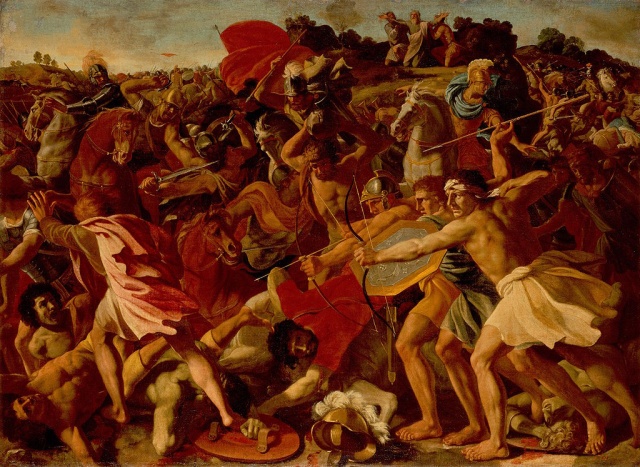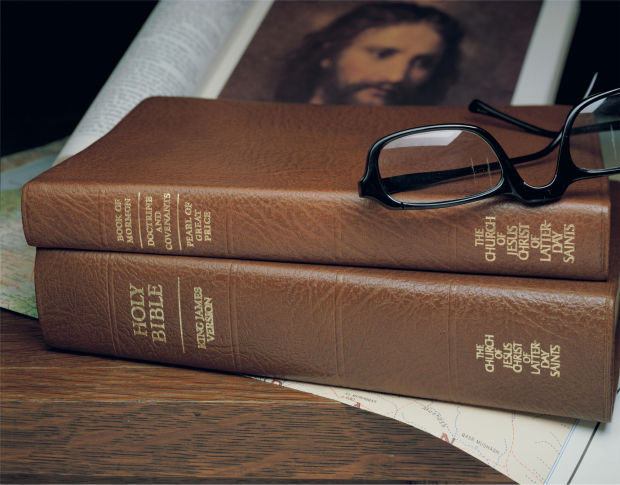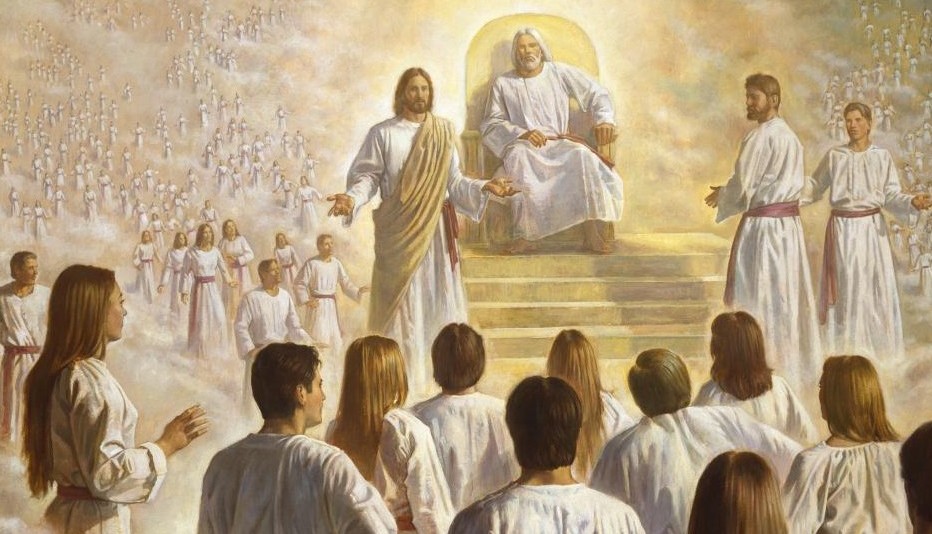Question
Dear Gramps,
I am a Jew living in Israel. Naturally I have learned Hebrew, and so I have become interested in the differences between the Hebrew Torah (to Christians, the Old Testament) and the King James Bible. Now I understand that the Hebrew Torah was translated to Greek which was then translated to Latin which was translated to English. There are many differences between the Hebrew Torah and the King James Bible. For example— Hebrew Ten Commandments: “Thou shalt not MURDER” and King James Ten Commandments “Thou shalt not KILL”
QUESTION:
1. Is this an example of the errors In King James Bible that the Mormon’s cite?
2. If this is not an error in translation, what is the Mormon explanation for the difference IN THIS PARTICULAR CASE between the Hebrew Torah and King James Bible?
Moshe
Answer
Dear Moshe,
You didn’t mention that the English translation of the Bible has gone through thirteen different translations and versions from the most ancient copies to the King James Version. So it’s a little difficult to label as errors in the Bible the use of different words that are near synonyms. The different near synonyms may very well concur with the lexicon of the place and time during which the copies and translations were made.
It is my understanding that the sixth of the Ten Commandments in the Torah use the term ratsach, which carries the definitions of to murder, slay or kill. The Greek Septuagint uses the term, fonemseis– to murder, rather than sxotono–to kill. The English translation of the Masoretic Hebrew text uses the term murder, rather than kill. In the King James Bibles printed by the Mormon Church the word kill is used in the sixth commandment, as it is the King James Version. However, in the footnote to the word, kill, it gives the Hebrew term, murder, for the KJV, kill. So even in the Torah, who knows what changes may have occurred from the original writing through the various copies down to the texts that are available to us today?
Further–and this may surprise you–it is my personal belief that the original Pentateuch was written by Moses in Egyptian rather than Hebrew; and the subsequent prophets had to learn to read the Egyptian hieroglyphics in order to teach the Law to the people. I further believe that out of deference to Moses and the sacred hieroglyphs that he used, they also wrote their records in the Egyptian language. Thus the Hebrew Torah would itself be a translation from the original Egyptian hieroglyphs to Hebrew.
Let me see if I can defend that thesis for a minute. When Moses was called by the Lord to lead the children out of Egypt, he demurred, saying—
O my Lord, I am not eloquent, neither heretofore, nor since thou hast spoken unto thy servant: but I am slow of speech, and of a slow tongue (Exodus 4:10),
and so the Lord appointed his brother, Aaron, to be a spokesman for him. Many people believe that Moses’ problem was a speech impediment, but that cannot be the case. As we read in the 7th chapter of Acts Stephen’s statement as he is defending himself before the Sanhedran—
And Moses was learned in all the wisdom of the Egyptians, and was mighty in words and in deeds (Acts 7:22)
Josephus is even more laudatory of Moses’ skill as an orator—
“Now although Moses had a great while ago foreseen this calumny of Corah, and had seen that the people were irritated, yet was he not affrighted at it; but being of good courage, because he had given them right advice about their affairs, and knowing that his brother had been made partaker of the priesthood at the command of God, and not by his own favour to him, he came to the assembly; and, as for the multitude, he said not a word to them , but spake as loud to Corah as he could; and being very skillful in making speeches, and having this natural talent among others, that he could greatly move the multitude with his discourses, he said…..” (Flavius Josephus, ANTIQUITIES OF THE JEWS, Book IV, chapter II, p. 85),
So what was Moses’ problem? It was simple. He couldn’t speak Hebrew! He was raised from an infant in the Pharaoh’s court and was being groomed to be the next Pharaoh. When he fled Egypt for his life at age 40, he went to Midian for the next 40 years, where he probably spoke Arabic. So Egyptian was his native language. Further, the tradition in ancient Egypt was that the hieroglyph itself was a sacred symbol and was used only for sacred writings. So it would have been most natural for Moses to have written the sacred law in the language that he knew, and in the characters that were sacred to him.
Gramps







